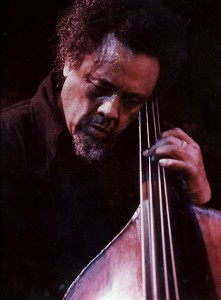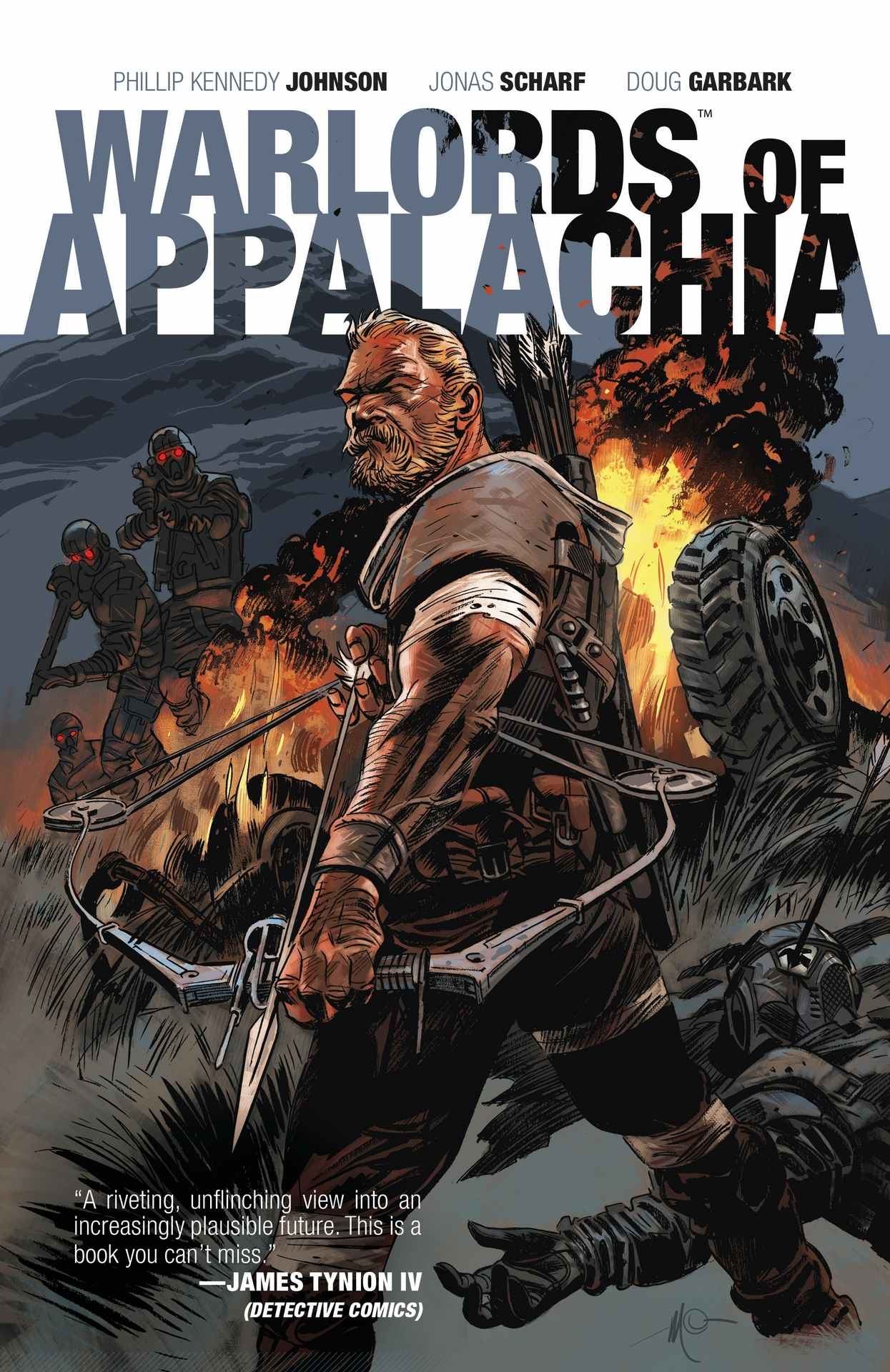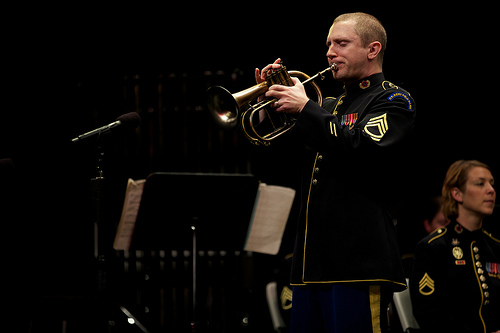When I get really busy, I blog less. That obviously makes a blog completely pointless, so this entry represents an attempt to turn that trend around. Some really cool things have happened lately, and I need to write them down before I get too addled to remember the details.
First: composing and soloing with the Army Field Band.
Every September, the Army Field Band holds auditions for any of its members interested in performing a feature solo with the group. On a typical tour, a feature soloist might get seven or eight performances on their piece. It’s a great motivator to stay sharp on your instrument, and I’ve done it a number of times. Last year I tried something new, though: I auditioned two of my own compositions.
In the audition, I performed the pieces with my brass quintet. I didn’t mention it then, but I’d never actually written an original work for concert band before. Six brass and drum set was as big as I’d ever gone. I later learned that my pieces were selected for the Fall 2013 tour, which was really exciting. But my next thought was (to quote Will Ferrell channeling George W Bush): “Shit, I actually have to DO this now!!”
I lost track of how many hours I spent writing those pieces. Even if I remembered, I wouldn’t admit it here. It was a clumsy, painstaking, arduous process, filled with frustration and self-doubt. And knowing you’ll be in front of the band performing it soon adds a whole new level of Don’t-Screw-This-Up-edness. But I learned so much, it was well worth the time and effort. I made so, so many mistakes, that I can say with confidence: the next one will be easier.
In the end, the experience was a success. Unfortunately, due to sequestration and later the government shutdown, my number of performances were knocked down to just two. But I was still proud of how my pieces turned out, and the way my colleagues performed them.
The first piece was a slow rhumba entitled Lonely Beauty. I wrote it for brass quintet and drums in 2011, making it one of my first original pieces for brass. I wrote it because I felt there was a dearth of “real” jazz (not just arrangements of old standards) written especially for brass quintet. People generally associate jazz with a 16ish-piece big band, or trumpet and/or sax with rhythm section, but I’ve heard harpists, bass clarinetists, flutists and violinists play mind-blowing improvised jazz solos. As strange as it is on the surface, composing a jazz work for brass quintet and adapting it for concert band felt truer to the art form than altering my concept to fit an established mold.
The second piece, Underdog Nightmare, is more personal. Aside from a handful of CDs I accumulated in high school, my jazz education began at age 18 at Eastern Kentucky University, where I met a lot of people who knew a hell of a lot more about music than I did. Among the most influential was Dr. Richard Bromley, Professor of Applied Flute, composer and jazz pianist. Dr. Bromley looked past my awful playing and profound ignorance, saw that I was hungry and worked hard, and gave me a valuable gift: names. Names of composers, of performers, of songs and of albums. His knowledge and advice kept me in the library and at the piano, and we eventually played music together. My relationship with Dr. Bromley enabled me to hear music differently, and changed what I perceived as beautiful. One of the ways he did that was by introducing me to the music of Charles Mingus.
 I won’t spend too many words here explaining why jazz bassist and composer Charles Mingus was a genius. But when I first heard his music, I knew that it MATTERED. It wasn’t just something you could choose to like or not like. It really has to be experienced, and is not easily described. But I’ll try:
I won’t spend too many words here explaining why jazz bassist and composer Charles Mingus was a genius. But when I first heard his music, I knew that it MATTERED. It wasn’t just something you could choose to like or not like. It really has to be experienced, and is not easily described. But I’ll try:
Listening to Mingus for the first time wasn’t just enlightening, it was shocking. I physically FELT the intensity of it… the rage, the passion, the frustration, the defiance, the ego.
Mingus is like Stravinsky or Ives, if those guys had been angry American jazz musicians during the Civil Rights movement.
Listening to Mingus is like being strangled by a brilliant madman while he screams poetry at you. (I would imagine.)
Underdog Nightmare is an angry, raucous swing tune for trumpet, trombone, rhythm section and concert band. It was written as a ‘Thank You’ to the great Charles Mingus, to his widow Sue Mingus who continues to champion his music, and to Dr. Richard Bromley, who showed me through his own example how deep the rabbit hole can go.



Leave a Reply